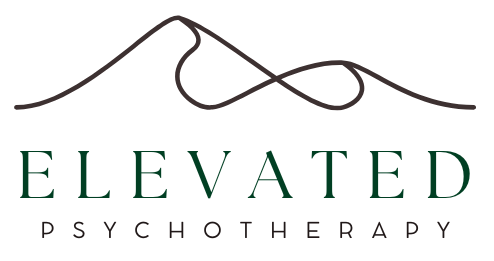Dialectical Behavior Therapy (DBT) originally emerged as a cognitive-behavioral treatment that aimed to support chronically suicidal individuals diagnosed with Borderline Personality Disorder, but has been proven to be effective for a wide range of mental health disorders.
Four components are integral to comprehensive DBT:
- Weekly individual therapy sessions for skill application.
- Weekly group skills training to acquire new skills.
- Telephone coaching to generalize skills in real-life situations.
- Therapist consultation team for ongoing support.
Through controlled clinical trials, DBT was the first treatment to demonstrate efficacy with BPD and further research has revealed its effectiveness in addressing various mental health disorders.
With a deeply supportive approach, we are here to help you discover your strengths, address weaknesses, and ultimately enhance your satisfaction with life.
A central focus of DBT is examining ineffective behavior patterns and replacing them with more skillful ones. The therapy incorporates a cognitive component, encouraging you to challenge beliefs, expectations, and assumptions that no longer serve you. Moreover, DBT emphasizes the development of crucial coping skills while building upon your existing strengths.
The skills are organized into four modules:
- Mindfulness
- Distress Tolerance
- Emotion Regulation
- Interpersonal Effectiveness
The “D” in DBT represents Dialectics, which is the synthesis of opposites. The primary dialectic within DBT is acceptance and change. As your DBT therapist, I will fully accept you as you are, while simultaneously encouraging and supporting your growth towards change. Embracing the acceptance versus change dialectic will empower you to tolerate difficult emotions and navigate uncomfortable situations with resilience.

